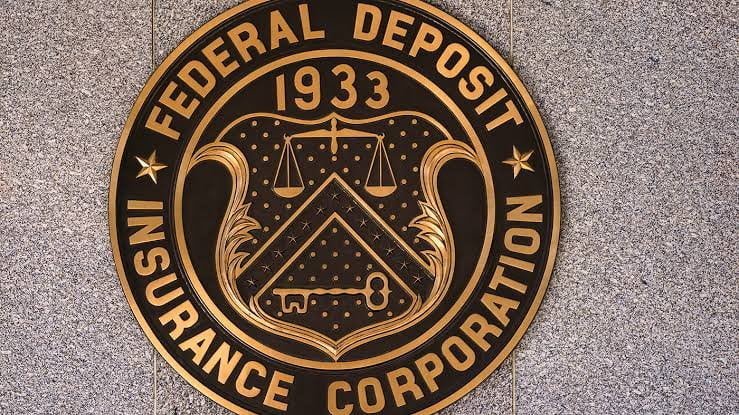FDIC Official Urges Better Digital Asset Policy to Maintain US Influence – According to U.S. Federal Deposit Insurance Corporation (FDIC) vice chair Travis Hill, mishandling the regulation of blockchain technology could lead to missed opportunities for bank customers and the U.S. economy.
Speaking at the Mercatus Center think tank on March 11, Hill highlighted the existing risk faced by the United States, attributing some responsibility to the FDIC. Hill discussed the potential benefits of tokenizing bank deposits and other real-world assets (RWA), emphasizing the ability to conduct financial transactions at any time with real-time settlement.
He also noted the potential for programmable payments to facilitate intraday repurchase (repo) exchanges and improve settlement times for bond issuances and various other transactions. Programmable payments could also offer advantages over traditional escrow services for consumers.
People Also Read: Fed Chair Jerome Powell Expects Interest Rate Cut This Year
However, Hill acknowledged several unresolved issues surrounding tokenization, including the use of unified ledgers, blockchain interoperability, and the determination of ownership rights as assets traverse the blockchain. Hill suggested that programmability has the potential to minimize settlement risks and streamline Know Your Customer processes.
He cautioned that it could also enable consumers to swiftly move their assets, potentially exacerbating bank runs. To mitigate this risk, Hill emphasized the necessity of implementing an “off” switch. Regulatory agencies attempted in the past to set consistent policies with little luck, so “instead, the agencies established processes under which institutions must engage with their regulator on an individual basis,” Hill said.
Looking at FDIC regulations, which treat all transactions on a blockchain — whether they involve RWA or crypto — the same, Hill found them to be cumbersome and unequally applied: “Institutions have spent months responding to a long stream of information requests, diverting attention away from developing new technologies and systems.”
People Also Read: Senators in the US Introduce Bill to Halt Biden’s CBDC Agenda
“The message being heard by the vast majority of the industry could be interpreted as don’t bother trying.” Hill emphasized the importance of regulatory guidance and consistency to ensure equal treatment of deposits in all forms. He criticized the Securities and Exchange Commission’s (SEC’s) controversial Staff Accounting Bulletin 121 (SAB 121), which mandates financial institutions to differentiate treatment for crypto assets.




